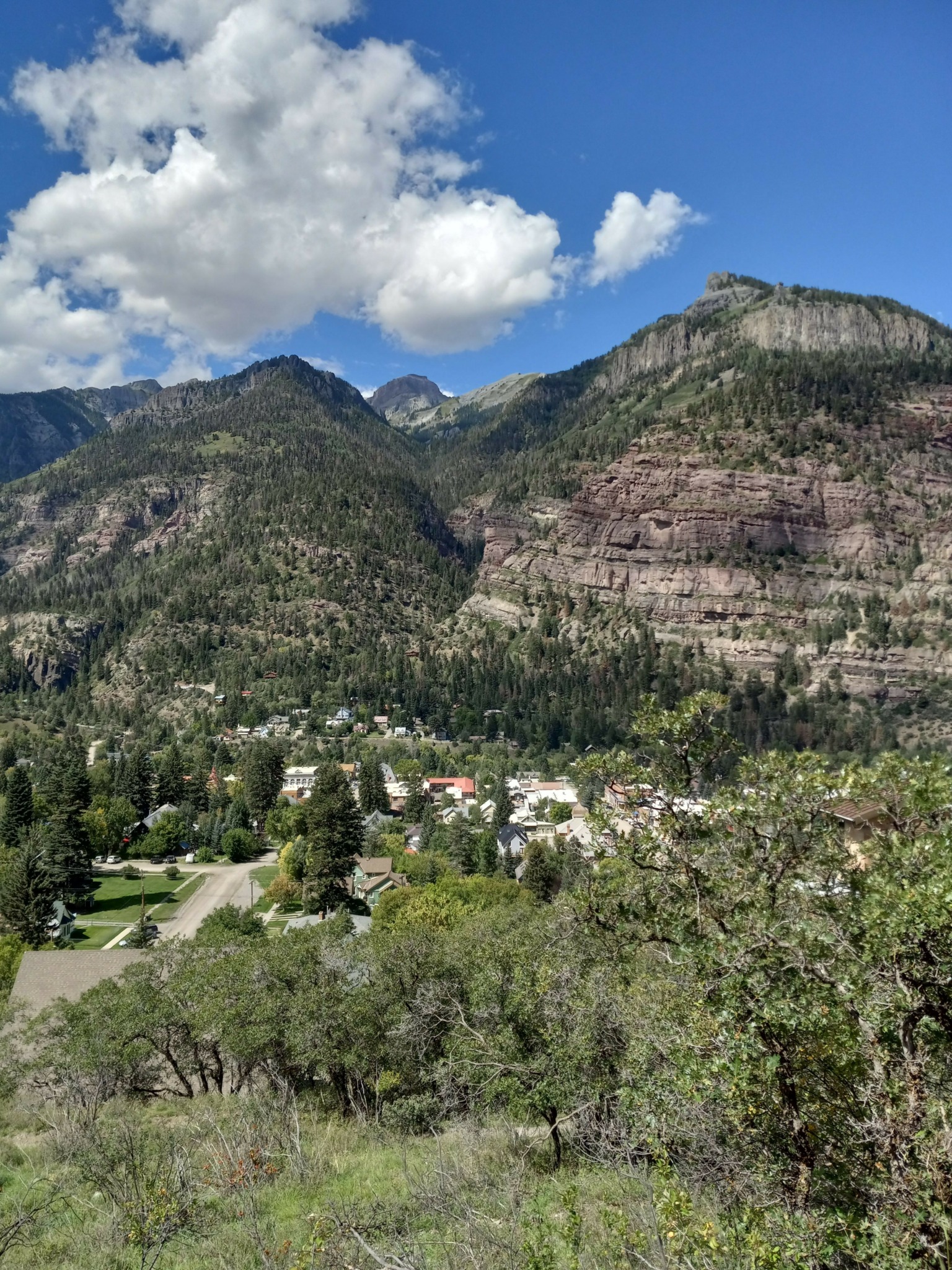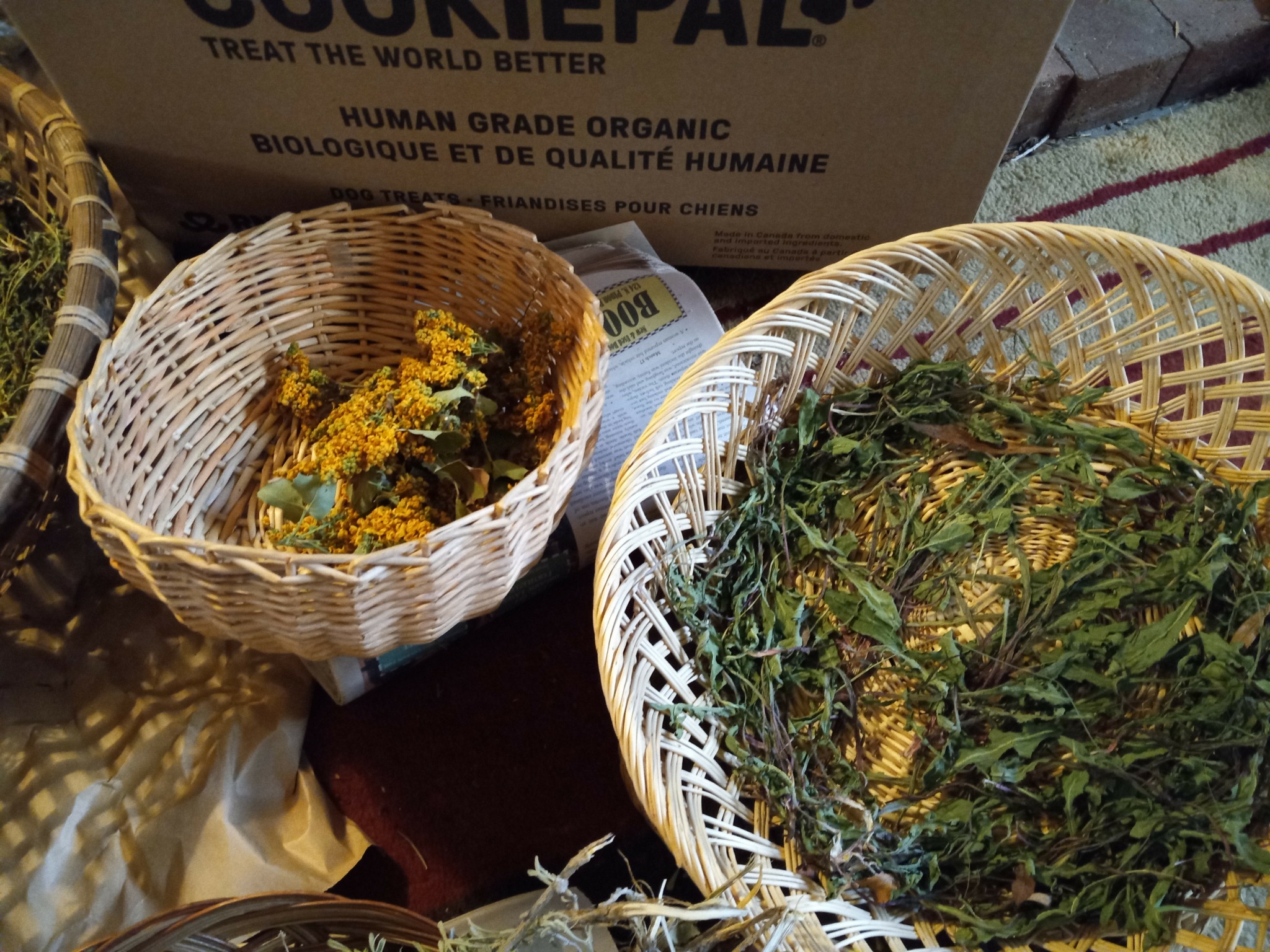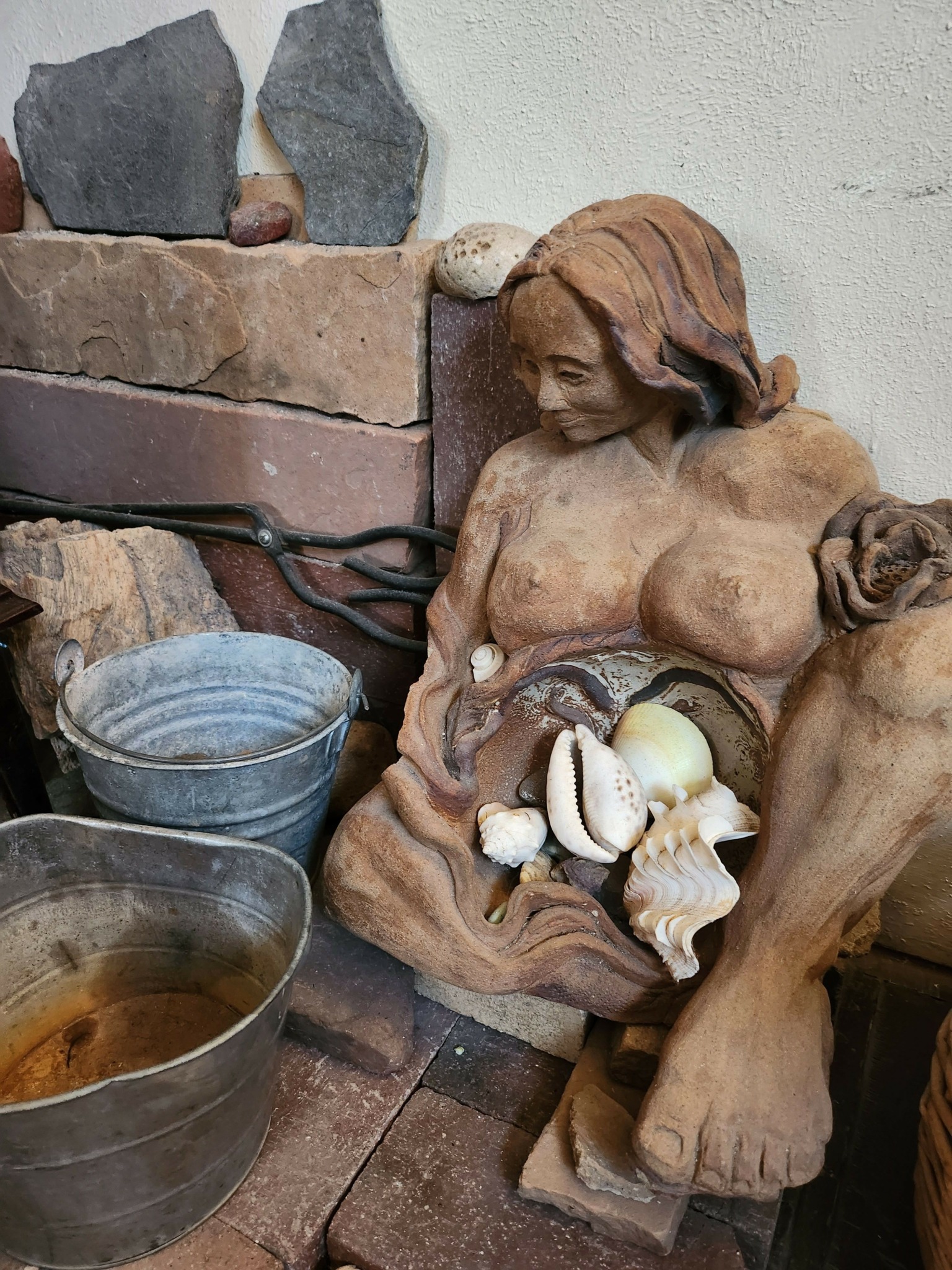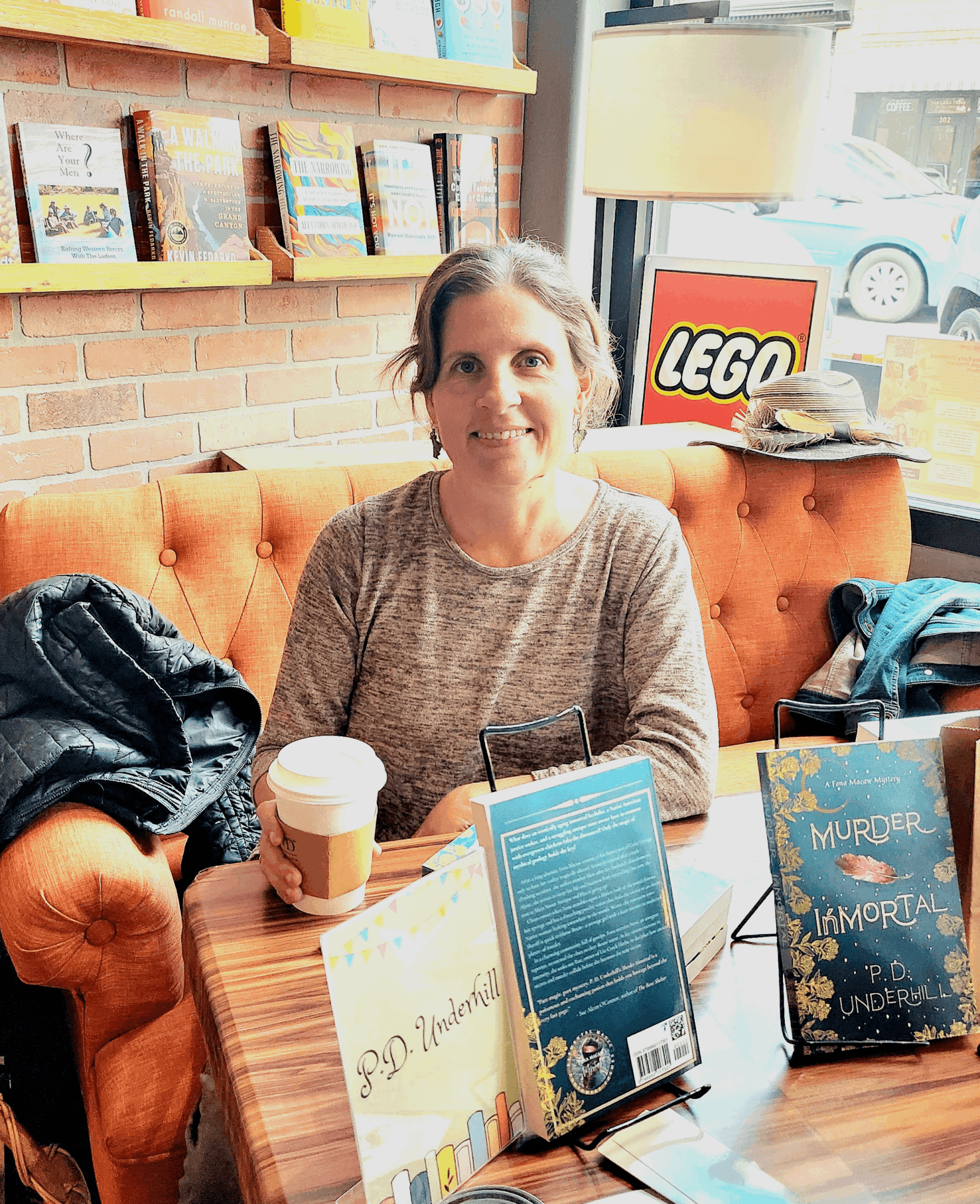We recently connected with P.D. Underhill and have shared our conversation below.
Hi P.D., thanks for joining us today. We’d love to hear about the best boss, mentor, or leader you’ve ever worked with.
The best boss I ever had had a ridiculous name—so ridiculous, in fact, I burst out laughing when I first heard it. A full, hearty belly laugh—the kind you hope adds years to your life.
But what really made him great wasn’t his name. It was that he let me do my job—and had my back while I did it. On his very first day as the new Chief Geologist, he didn’t come in trying to prove something. Instead, he asked me to take him into the field and show him how we worked. He didn’t change a thing. He listened. He learned. That was his best quality: humility.
That, and kindness. Empathy, especially in the mining industry, was rare. It was a world thick with misogyny and good ol’ boys—a world where I stood my ground. They didn’t like me much: I was petite, outspoken, competent – and the only woman. In the daily production meetings, these 300-pound men would clear out of my usual seat like I was dangerous. Maybe I was—at least to laziness and groupthink. I had a sharp tongue and used humor to keep people accountable. As long as it was wrapped in a joke, I could get away with it—and it earned me respect.
And through it all, my boss never tried to change me. He never asked me to tone it down or do less in order to fit in. Maybe I was insufferable at times. But I was ethical in an often unethical world—and he let me be that way.
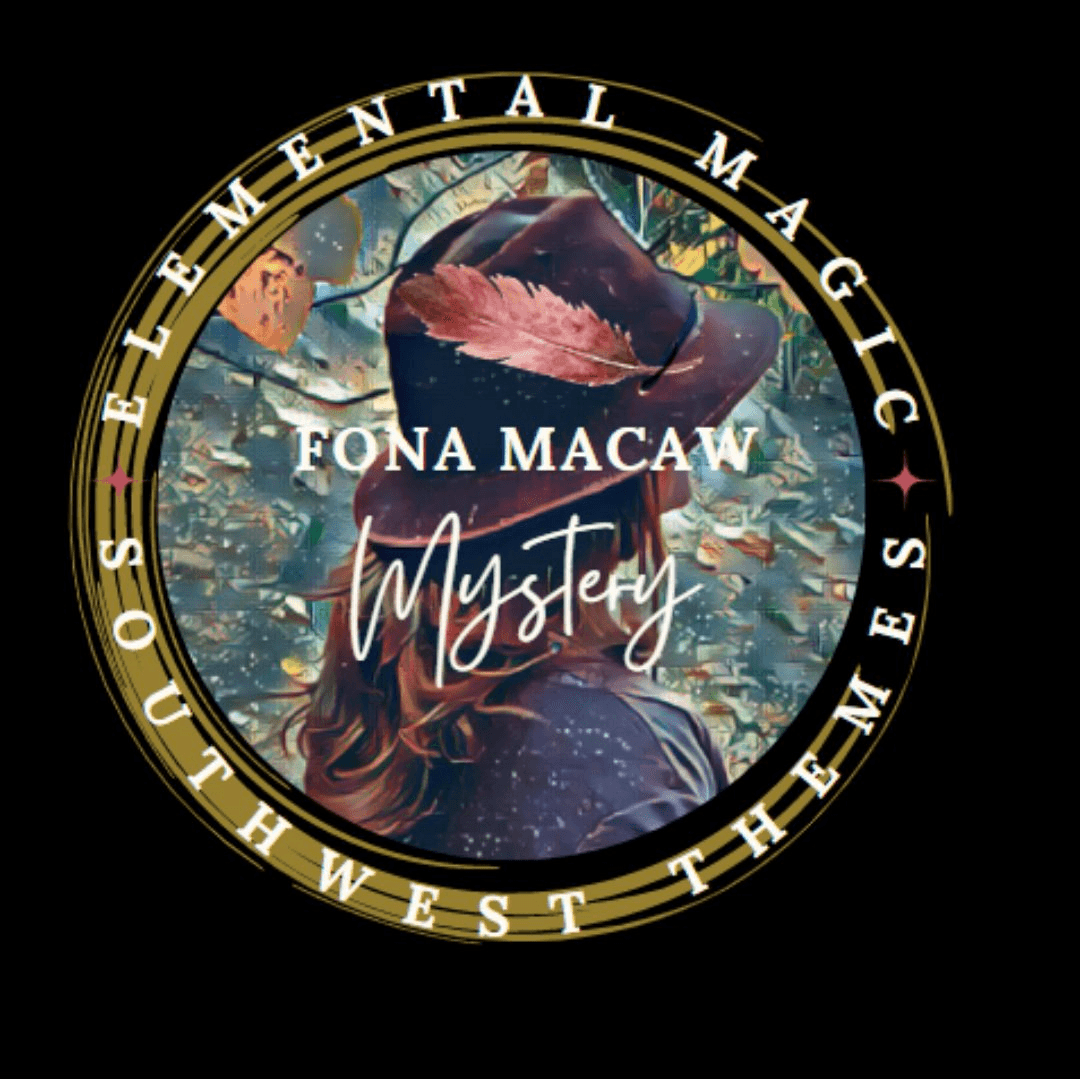
As always, we appreciate you sharing your insights and we’ve got a few more questions for you, but before we get to all of that can you take a minute to introduce yourself and give our readers some of your back background and context?
I retired at 43 after a 15-year career as a mining geologist. It’s a field dominated by men, and despite years of effort, I came to realize that progress hadn’t been made—it had regressed. Misogyny had become something of a badge of honor in some corners of management. I was burnt out.
But retiring young has its own challenges. Chief among them: the desire to still feel useful. For me, it was the need to keep my mind active. I had spent my career building 3D computer models of underground ore deposits—complicated work that could take years to complete. I loved solving big, messy problems. So, when I found myself without an assignment, I created one of my own.
Enter the world of Fona Macaw.
Fona is independent but a little broken. She lives alone in a cabin outside a quirky mountain town filled with people who’ve known her forever. She runs an antique and flea shop.
Then everything changes.
She discovers a body at the local hot springs. She has a psychic vision. She starts hearing voices. It’s strange—and vaguely threatening. When her best friend’s daughter is accused of murder, Fona realizes she knows things no one else does. But if she reveals how she knows them, people will think she’s crazy.
What’s more mentally complex than writing a novel? Not just one, in a single genre—but a whole series that spans two. Murder Inmortal, book one, is part cozy mystery, part magical fantasy. It follows Fona as she uncovers a murder fueled by deep-rooted American social issues—through a lens of geology, herbology, and intuition. Layered on top of that is a larger fantasy arc: a magical overstory in which a conclave of Elemental beings races to prevent planetary collapse.
The series challenges the conventions of traditional cozy mysteries. It weaves mythology into the natural world, pushing genre boundaries while keeping readers grounded in emotional truth and place.
To my surprise, it’s taken off. Five-star reviews. Readers begging for more. I feel proud to wake up and work on this every day. My life has shifted from the grind of the rat race to something much richer: calm mornings with coffee, dreaming up scenes, remembering beautiful places I’ve been, and reconnecting with people who shaped me.
Fona is the tapestry of my life—stitched from memory, observation, and imagination.
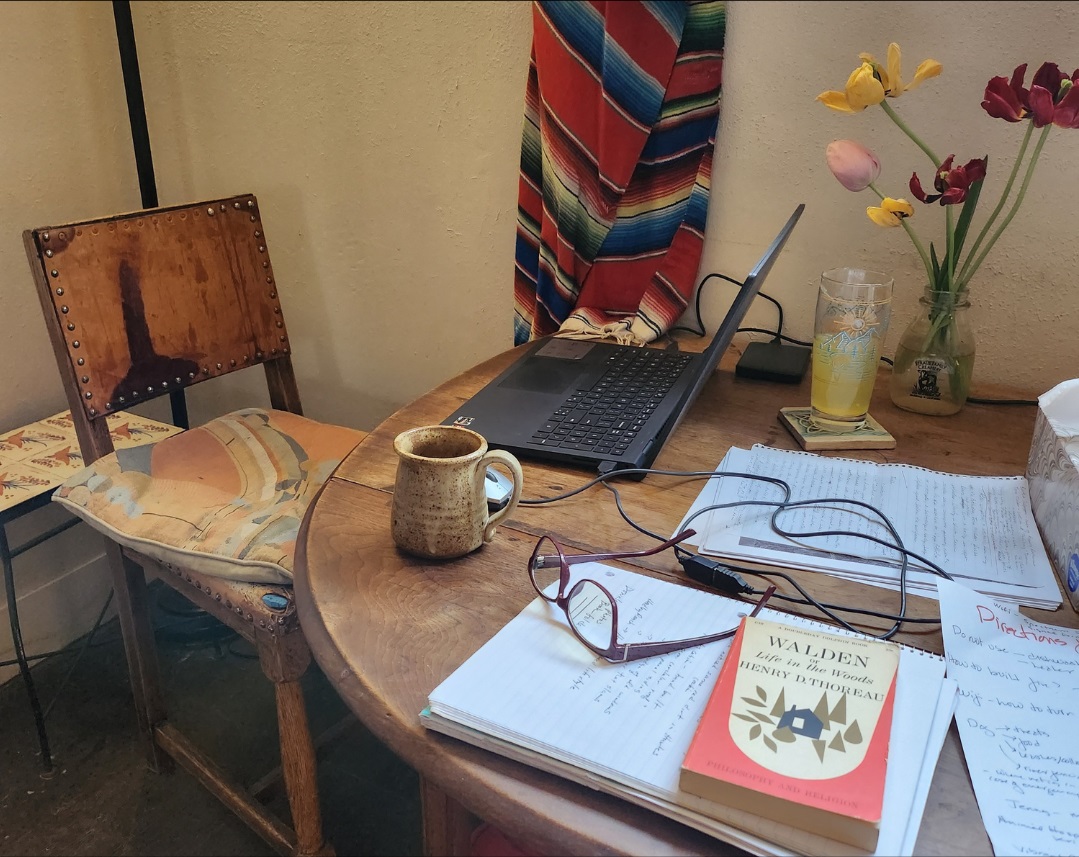
Is there something you think non-creatives will struggle to understand about your journey as a creative? Maybe you can provide some insight – you never know who might benefit from the enlightenment.
For most of my adult life, I considered myself a non-creative person. I worked in a world of engineers—people who prided themselves on logic, data, and measurable results. Creativity seemed like something other people had—or maybe even some kind of disease.
But even in that world, I noticed something telling. Many of those same engineers were quietly suffering. Their autonomy chipped away, their spirits dulled by the realization that their salaries had become a trap. And that’s when I understood: there’s no such thing as a non-creative person.
They, too, lived in their heads—imagining a different life, dreaming of escape, longing for the freedom to follow a whim. That’s creativity.
What does it mean to be “a creative,” anyway? At its core, it simply means to create. Just like being a “real writer” means you write. Everyone creates—sometimes through action, sometimes through dreams. The shift happens when you begin to act on it. That’s when others start calling you creative. But the capacity is in all of us.
What I love most about creativity is that comparison doesn’t apply. There’s no scoreboard. No objective measure of success or failure. Any effort to explore something that brings you joy—even if you’re the only one who ever sees it—is worth your time.
Anyone who claims they’re not creative is usually just afraid. And fear, more than anything, is the worst kind of prison.
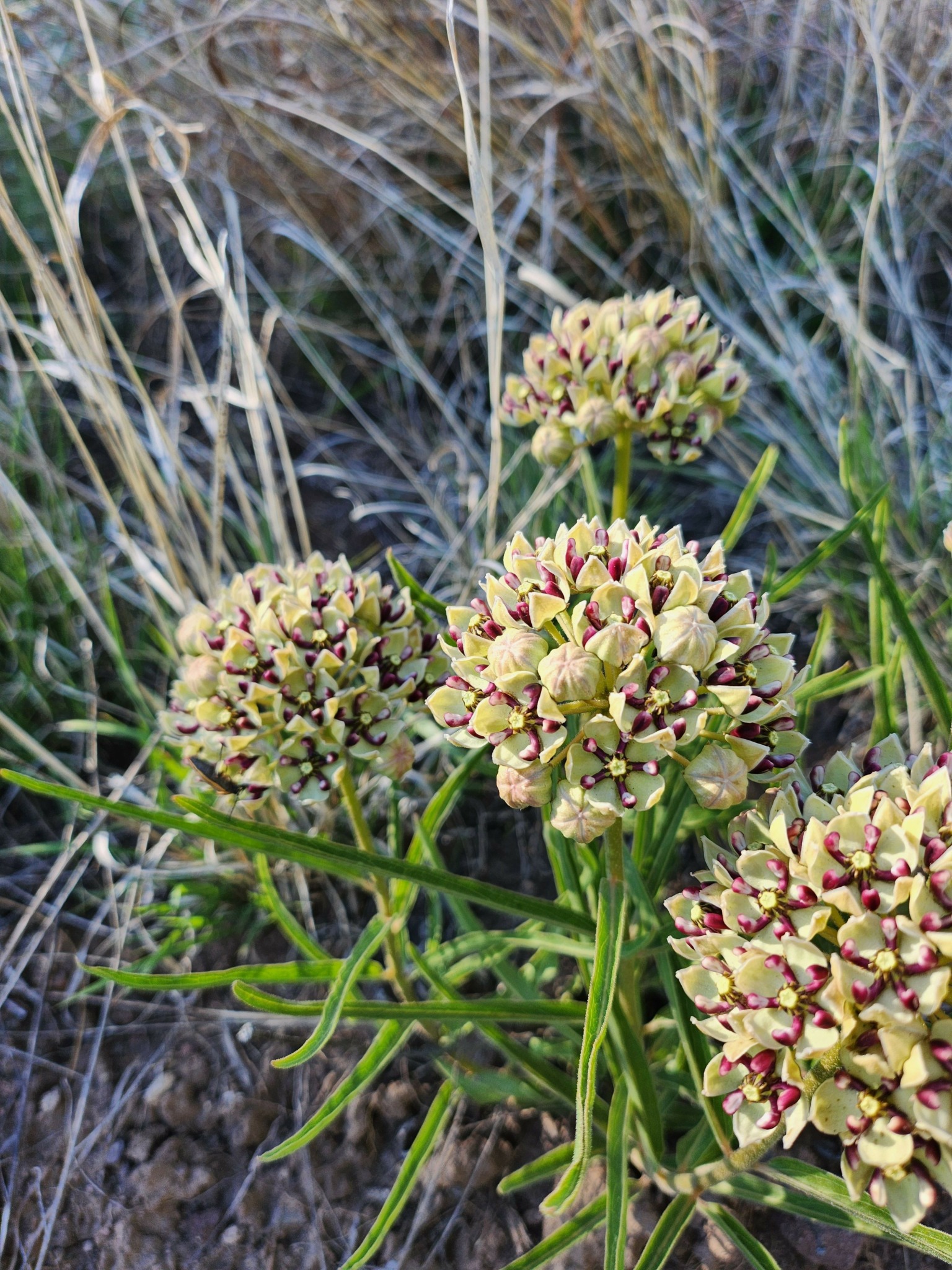
For you, what’s the most rewarding aspect of being a creative?
Struggle.
It sounds preposterous—because it is. Because it always starts with struggle. You pull your hair out, wrack your brain trying to work out a plotline or a twist. And then—there it is. The euphoria of inspiration. A lightning bolt. An idea so ingenious you’re sure someone else planted it there for you to pluck and pass off as your own.
Then comes the moment of reading the finished product and thinking: Did I write that? It doesn’t even sound like me. Are those nuggets and hidden gems really mine?
But they are—until they aren’t. Until you let them go. Until you offer them up, shaped by your effort, carved from your experience, and shared freely with the world.
And that’s legacy. Not fame or fortune—but the quiet echo of your imagination living on in someone else’s mind.
Contact Info:
- Instagram: cozybooksmith
